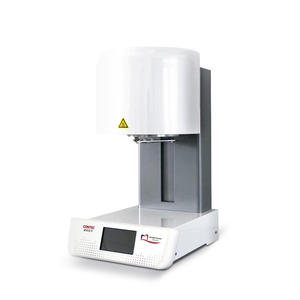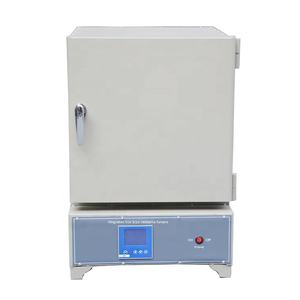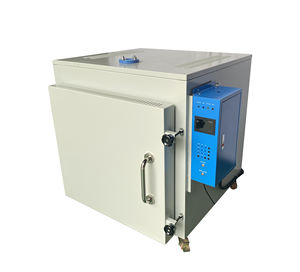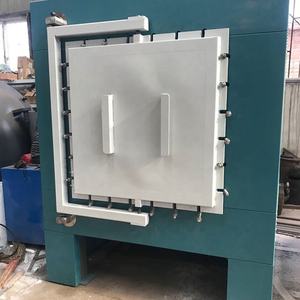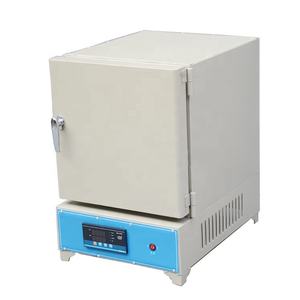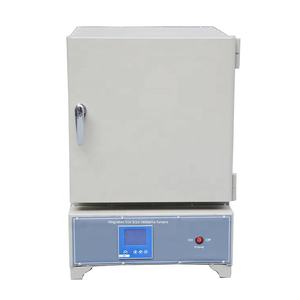Artisan Furnaces - Quality Craftsmanship Tools for Global Artists
Filter Fables: The Reality Regarding Heating System Air Cleansing Systems .
(do all furnaces have filters)
You crank up the warmth. The furnace roars to life. Cozy air pours out. Yet what’s occurring behind the scenes? Is every heater secretly securing your air with a filter? The answer isn’t a simple yes or no. It’s a journey right into the heart of home heating. Allow’s clarify.
1. What Exactly Is a Heater Filter? .
Think of a furnace filter like a security personnel for your furnace and your lungs. It’s generally a flat panel made from rotated fiberglass, pleated paper, or expensive electrostatic product. You glide it into a port near where the heating system absorbs air. Its primary job is catching things. Dirt. Family pet hair. Dust. Plant pollen. Also little mold spores floating around your house. Without this guard, all that scrap obtains sucked right into the heater’s inner operations. It additionally blows back out right into the air you take a breath. Furnace filters work as the initial line of protection. They protect the equipment and clean the air relocating via your vents. Many furnaces are created with a slot specifically for this filter. However not all systems work specifically the same way.
2. Why Heater Filters Matter So Much .
Skipping the filter is a poor idea. Truly bad. Heating system filters aren’t nearly tidy air. They are essential for your furnace’s health and your pocketbook. First, they protect the furnace. Dirt and dirt inside the blower follower or warm exchanger make the electric motor work harder. This strains the system. It can bring about break downs. Expensive repair services. Second, a tidy filter helps your furnace run efficiently. A clogged filter chokes the air movement. The furnace struggles to pull air with. It runs longer to heat your home. This burns more fuel. Your energy costs increase. Third, air top quality issues. An excellent filter traps allergens and toxic irritants. This implies much less sneezing, less coughing, simpler breathing for everyone inside. Ignoring the filter turns your heater into a dirt rabbit manufacturing facility. It ends up being a carcinogen and a money pit. Furnace filters are necessary for smooth operation and healthy and balanced air.
3. How Heater Filters Work and Get Altered .
The process is straightforward. Great air from your residence obtains drawn right into the heater through a return air duct. Before this air reaches the delicate heating system components, it passes through the filter. The filter material acts like a net. It catches bits as the air streams through. The dimension of bits captured depends on the filter’s ranking. Basic filters catch big things like dust rabbits. Advanced ones trap microscopic allergens. Transforming it is simple. Locate the filter slot. It’s usually near the heating system’s base or side, where the huge return duct links. Glide out the old filter. Inspect its dimension published on the framework. Buy a precise replacement. Glide the new one in. Make certain the arrowheads on the filter frame factor the same way the air streams– towards the furnace. A lot of require altering every 1-3 months. Check it month-to-month. If it looks dirty, switch it. Furnace filters need routine attention to do their task well.
4. Heating System Filter Applications: Past the Basics .
Furnace filters are common in most forced-air systems. These are the typical configurations blowing cozy air via vents. But what concerning other heating systems? Boilers heat water for radiators. They do not blow air. They do not require an air filter. Electric wall heating units likewise don’t make use of air ducts or fans. No filter needed. Some older furnaces may do not have a correct port. Individuals occasionally included external filters to the return air grille. Premium systems may have whole-house air purifiers. These connect to the ductwork. They typically utilize specialized filters a lot stronger than the standard furnace filter. The heating system filter remains the key air cleanser for standard systems. Recognizing your details heater tells you if heating system filters become part of the picture.
5. Heating System Filter FAQs: Your Burning Questions Answered .
People ask about heater filters at all times. Here are the leading inquiries:.
Does every furnace definitely need a filter? No. Boilers and electrical heat without air ducts do not have them. Yet nearly every modern forced-air heater calls for one. Examine your handbook or search for the port.
What occurs if I run my heating system without a filter? Trouble. Dust blocks the blower and heat exchanger. Effectiveness plummets. Power bills rise. The heater can overheat and break. Repair work are expensive. Interior air obtains unclean. Constantly use a filter if your system requires it.
Just how typically must I alter my furnace filter? It depends. Inspect monthly. Fundamental 1-inch filters require altering every 1-2 months. Thicker pleated filters might last 3-6 months. Homes with pets, cigarette smokers, or great deals of dirt require modifications more frequently. A filthy filter is useless.
What MERV score is ideal? MERV measures filter efficiency. Higher numbers trap smaller sized bits. The majority of systems work well with MERV 8-11. This balances great filtration without stressing the follower. Very high MERV (13+) can limit air movement in some furnaces. Inspect your heater specs.
(do all furnaces have filters)
Can I cleanse and reuse a disposable heating system filter? Generally, no. Most typical heater filters are non reusable. Cleaning them ruins the material. It won’t work right. Multiple-use electrostatic filters exist. You wash them according to the directions. However conventional fiberglass or pleated paper filters are single usage. Change them. Heater filters are a tiny cost for big benefits.

